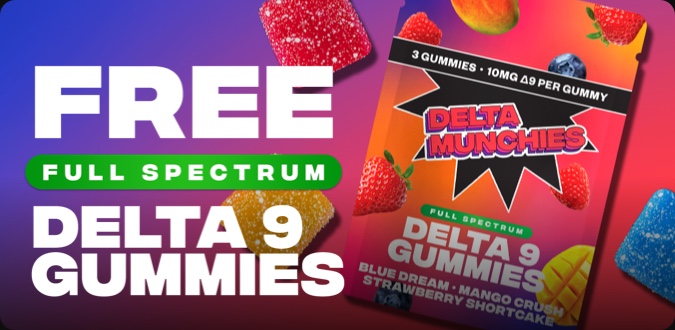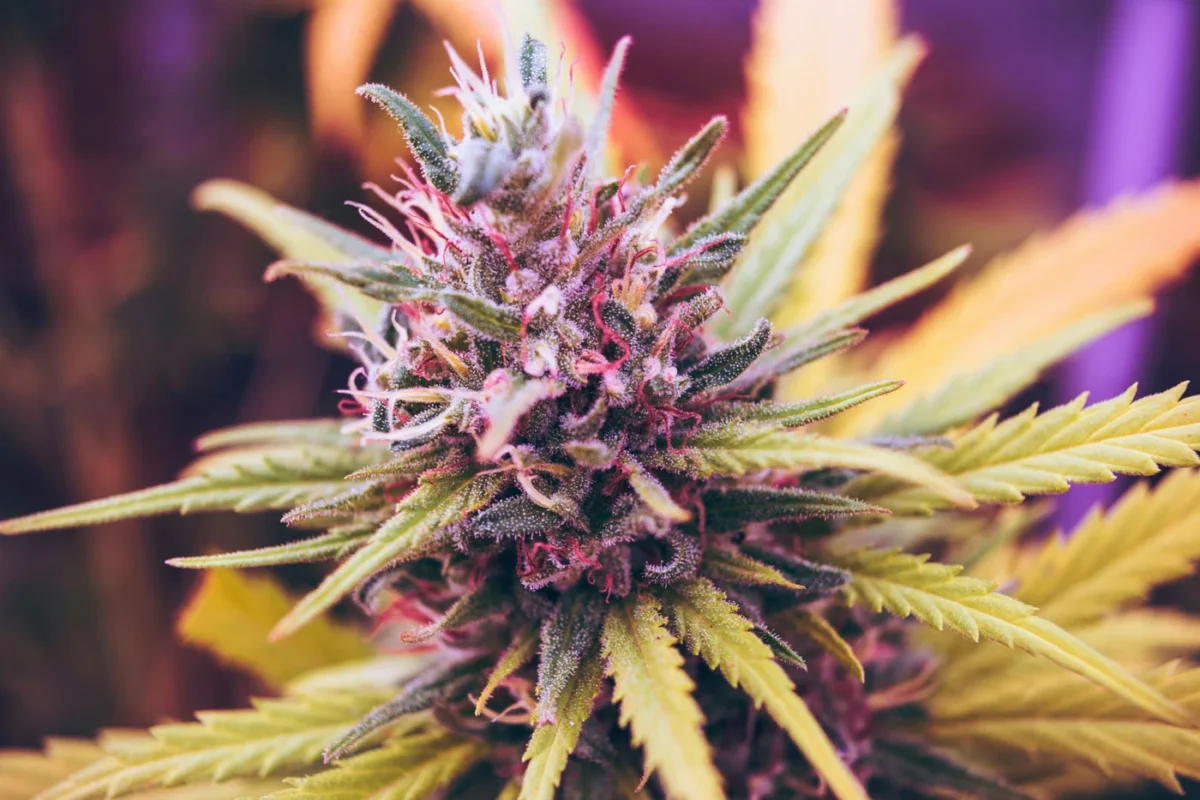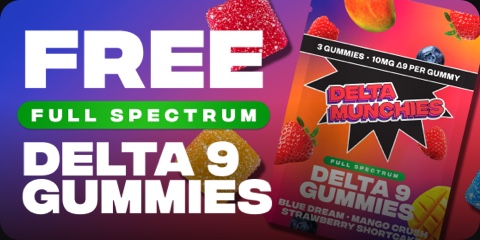THCA
What is THCA?
Photo by Esteban López on Unsplash
You’ve heard of THC, the cannabinoid responsible for that high we know and love. But are you ready to explore and branch out to other cannabinoids? Let’s go over some basics of THCA, the next up-and-coming compound that will transform the way you think about getting high.
Contents
What is THCA?
The unsung hero of the cannabis world, think of THCA as a cousin to THC. THCA, or tetrahydrocannabinolic acid, is like the Clark Kent of cannabinoids: mild-mannered and non-psychoactive in its raw form. But under the right conditions (a.k.a. a little heat), THCA transforms into the superhero we all know and love: Delta-9 THC. So, whether you want something mellow or want to ride out a classic high, THCA is great for every mood.
It’s important to know that THCA won’t get you high in its raw form. Its molecular makeup makes it too big to bind effectively with CB1 receptors, so it won’t give you that high feeling. But, when heated up, usually through a process called decarboxylation, THCA transforms into Delta-9 THC, giving you that classic cannabis high we all know and love.
How is THCA Made?
While it’s possible to make THCA at home, the process of producing THCA crystals is quite complex – requiring advanced equipment, knowledge, and a good chunk of time.
Here’s a breakdown of how THCA crystals are typically created:
-
Cannabis extract is mixed with natural solvents like hexane, which dissolve organic plant compounds effectively.
-
After dissolving fats, terpenes, and other cannabinoids, only THCA is left in the solution.
-
The solution is then placed into a rotary vessel, allowing solvents to evaporate and leaving behind pure THCA.
-
The final step, chromatography, is crucial. It involves another round in the rotary vessel to separate any leftover solvents from the THCA.
-
As a result, THCA molecules gradually bond together, forming a crystalline structure over time.
For more information about making THCA flower, click here.
Is THCA Natural or Synthetic?
THCA is a naturally existing cannabinoid found in both cannabis and hemp plants. Unlike synthetic cannabinoids, which are artificially created in laboratories, THCA is produced by these plants as part of their natural growth process. While certain growers have discovered methods to boost THCA levels in plants, it occurs entirely naturally and doesn’t necessitate human intervention to be present in plants.
THCA mainly collects in the tiny hair-like structures on cannabis leaves and flowers, making up to 90% of the plant’s THC. It causes cell death in the plant, a necessary process to get rid of cells that are damaged or dying, helping the plant stay healthy.
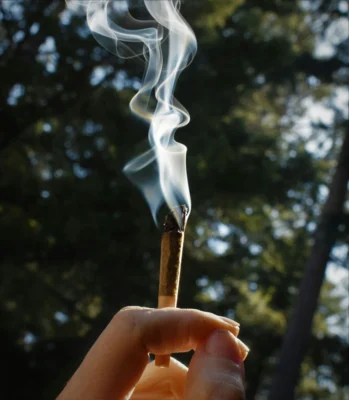
Photo by Jennifer Uppendahl on Unsplash
The Effects of THCA
As previously mentioned, the effects of THCA can vary depending on whether it’s been heated or left in its raw state. Many users prefer to use raw THCA in products like lotions, tinctures, or oils. THCA cannot bind with receptors in our endocannabinoid system (ECS) until it’s been converted to THC, which is why you won’t feel any psychoactive effects if you’re using THCA in a lotion, tincture, or other raw form. Although you won’t get high, there is some evidence to suggest that raw THCA may help with pain and nausea relief.
While some individuals seek out the converted form of THCA for its psychoactive effects, others appreciate the advantages of its non-psychoactive properties. As research into lesser-known cannabinoids continues to progress, the raw form of this compound is revealing numerous health benefits.
Yet, when heated or ignited, THCA undergoes a transformation into the classic Delta-9 THC, known for its intoxicating effects, and may potentially unlock benefits like:
-
Relaxation
-
Increased Creativity
-
Feelings of Euphoria
Click here for a more comprehensive review of the THCA high and be sure to consult a healthcare professional before seeking the potential health benefits of THCA.
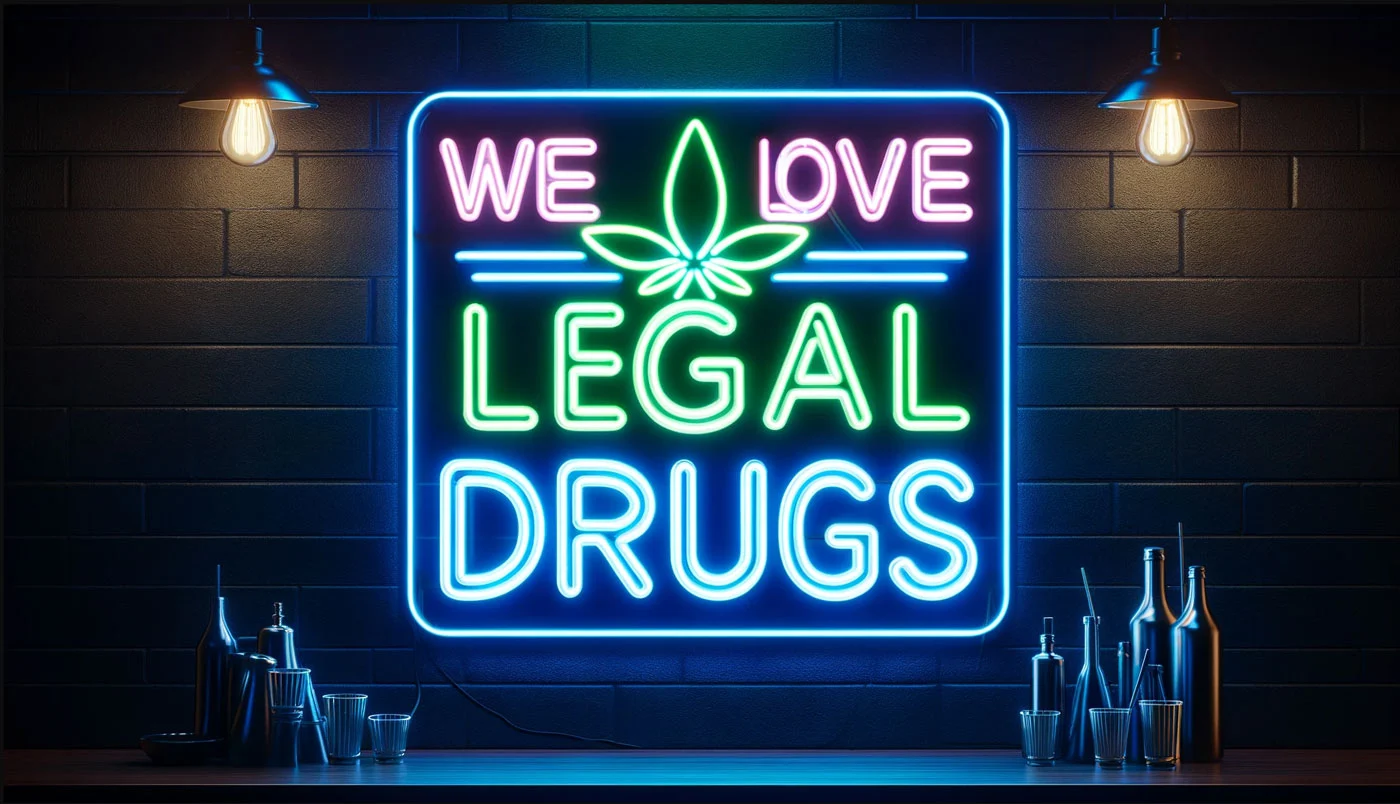
Is THCA Legal?
THCA is federally legal under the 2018 Farm Bill, as long as THCA products meet the requirement of containing no more than 0.3% Delta-9 THC and is obtained from hemp.
However, it’s worth noting that some states have stricter regulations on THC and its related compounds. This could impact access to THCA, as some states may classify it similarly to THC, even though it doesn’t have psychoactive effects in its raw form. It’s always a good idea to check the local laws regarding hemp-derived cannabinoids and THC before purchasing any cannabis products. You can find more information about regulations on THCA here.
Understanding THCA Diamonds
THCA diamonds are the cream of the crop, which stand as among the most refined cannabis concentrates currently on the market. These diamonds are produced via chromatography, resulting in a highly concentrated, crystalline form of cannabinoid that has rightfully earned the moniker “diamonds.” With a THCA content that can soar up to 98%, these diamonds infuse any THCA product with an added layer of potency.
Is THCA Stronger Than Regular THC?
Possibly – When THCA is in its natural, unaltered form, it lacks the power to intoxicate or produce a high. However, upon being heated in different hemp-cannabis products designed for smoking, THCA undergoes a dramatic transformation into THC. This change brings about an effect similar to the usual THC products found in dispensaries. Moreover, if the product contains specific concentrated forms of THCA, like THCA Diamonds, the resulting effects might surpass the potency of conventional THC offerings.
Is THCA Addictive?
It’s essential to do your homework on all cannabis and hemp products. THCA, a cannabinoid yet to be fully explored, leaves us in the dark about its long-term effects on users.
In its natural form, THCA is not considered addictive. However, once it’s transformed into THC by heat, its potential for addiction becomes less clear. Using THC responsibly and steering clear of overconsumption can mitigate the risk of addiction, which is not as high as with many other substances.
Research into THC’s addictiveness, according to the Centers for Disease Control and Prevention (CDC), is still up in the air, with studies showing a range of outcomes. For anyone struggling with addiction issues, the Substance Abuse and Mental Health Services Administration (SAMHSA) offers a free national helpline that can provide support.
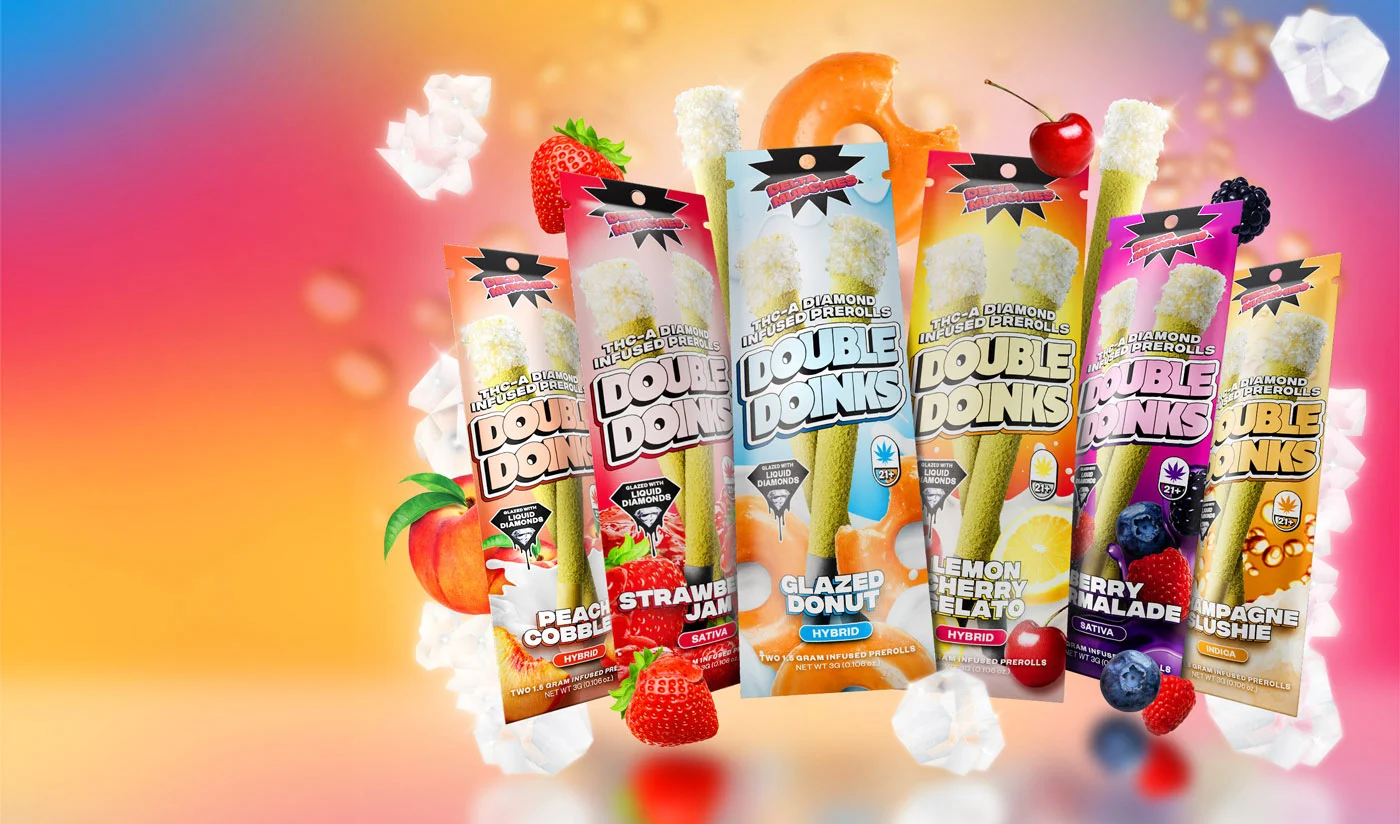 Final Thoughts
Final Thoughts
If you’re eager to explore the world of new and vibrant cannabinoids, THCA is an excellent starting point. With its authentic THC-like effects, many users discover that THCA offers a familiar experience akin to THC, while also having an option free of psychoactive effects.
For those looking to delve into top-tier, lab-certified THCA products, look no further than the flavorful and potent selections on the MUNCHIES! website. Offering a variety of sativa, indica, and hybrid strains with delightful flavors, there’s an option to cater to every preference. As a precaution, particularly for newcomers, we recommend starting with a small dose and adjusting gradually as desired.
Disclaimer reminder: This article is not medical advice. It is based on anecdotal user experience alone. If you are thinking about incorporating cannabis (delta-8 THC, delta-9 THC, CBD, etc) into your medicinal routine, please consult a healthcare professional. Do not stop taking any prescribed medications without first consulting your doctor.
Disclaimer: This article was written in February 2024 and reflects the United States’ laws that were current at that time. Because cannabis laws in the United States laws are subject to change at any time, please make sure that you are always staying up to date on your federal, state, and local county’s cannabis laws. Additionally, we are NOT encouraging anyone to break the law––we are simply showing people ways to legally and discreetly bring their cannabis products along with them on their travels so that they may have access to those products when they reach their intended destination.



